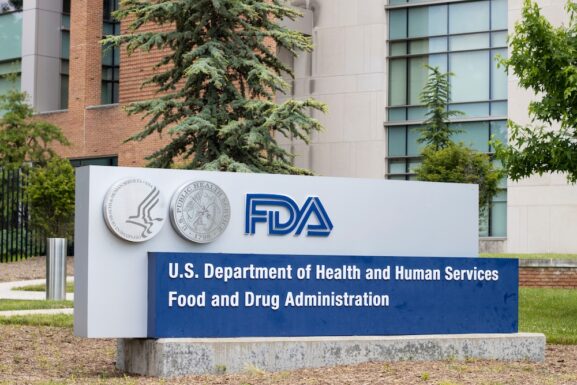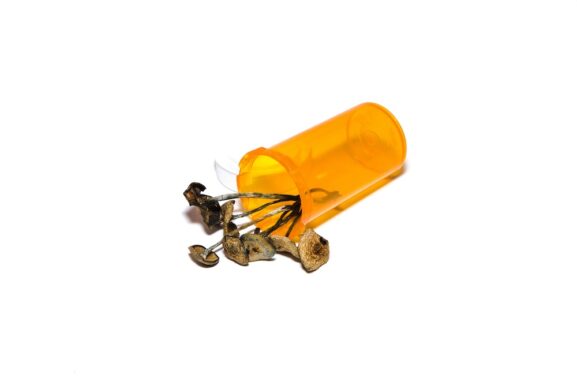Ketamine And Seizures: Can One Lead To The Other?
Ketamine treatments are relatively safe, but they do have risks. Some of these negative reactions can be very minor and are not so unpleasant that they turn people off the alternative therapy. However, the scientific literature has revealed some more severe — albeit rare — adverse effects. One of these is seizures.
It’s worth noting, nonetheless, that many factors can lead to a seizure. Here we will take a look at the evidence on the link between ketamine and seizures. As we will see, we cannot simply conclude that the psychedelic causes seizures. There are various factors and nuances to consider when a seizure takes place if using the drug.
Looking for ketamine therapy? Click here to find top rated ketamine clinics near you
Underlying Conditions Can Increase The Risk Of Seizures
Firstly, it’s important to underscore that certain underlying conditions can increase the risk of seizures. If you have one of these conditions and use ketamine, then this risk can be amplified.
In a 2019 paper published in CPC Emergency Medicine, the authors note that “seizure is not a known side effect of ketamine in patients without a seizure history.” If you have a history of seizures or a medical condition that can result in seizures, then the risk can increase in having a seizure from using it. Conditions and risk factors for seizures include the following:
- Abnormal levels of sodium or glucose in the blood
- Brain infection, including meningitis and encephalitis
- Brain injury
- Congenital brain defects
- Brain tumor
- Epilepsy
- Stroke
- Lack of sleep
- Autoimmune disorders
While the risk of a seizure increases if these other risk factors for seizures are present, this isn’t always the case, it seems. For example, a study from Neurology looked at the effects of the drug on patients with epilepsy. There were “no seizures” during ketamine anesthesia, per researchers. “Ketamine neither precipitates nor aggravates seizures”.
According to an MD on our medical Advisory Board, he spoke to a doctor that has done over 50K infusions and he has not seen one seizure. But all clinics that provide Ketamine should also have benzodiazepines on site, which should rapidly abort a seizure.
— Healing Maps
In Some Cases, The Psychedelic Controls Seizures
Furthermore, a paper in Seizure makes the same conclusion.
“These authors found that ketamine did not cause epileptiform discharges in epilepsy patients or in normal subjects and that no evidence was available to support the notion that ketamine could induce or exacerbate convulsions…”
In fact, medical professionals have used the psychedelic in a hospital setting to control seizures in patients with status epilepticus (SE), a form of epilepsy that can lead to brain damage and death.
But in the case of other conditions and factors that can cause seizures, ketamine may pose a risk. As the authors of the CPC Emergency Medicine study remarks, “more research is needed regarding the administration of ketamine to patients with cognitive conditions, such as autism, and neuroanatomical abnormalities such as colpocephaly, as they may have a lower seizure threshold when ketamine is administered. Given the frequency with which ketamine is administered in EDs, emergency physicians should be aware that ketamine could potentially induce seizures.”
It’s best to speak with a ketamine provider in detail about your medical history and health so that they can sensibly weigh up the pros and cons of ketamine therapy.
Ketamine Clinic Spotlight: Charleston Ketamine Center – Mt. Pleasant, South Carolina
Street Drugs Can Increase The Risk Of Seizures
Buying street ketamine will always be riskier than taking the drug in a legitimate, medical setting. This is because, when buying from a dealer, one might buy another drug.
An article in The Guardian reports on the results of tests of street drugs. For example, 2-FDCK is a synthetic drug that is about one-and-a-half times more powerful. In addition, its effects last for up to three times as long as ketamine.
Unless sending the drug to a lab for testing, its purity is unknown. For these reasons, street ketamine — and the recreational use of it, especially in high doses — is more likely to lead to seizures than the clinical use of it. The study in CPC Emergency Medicine highlights the below.
“Convulsive activity and other deleterious neurologic sequelae may be seen in ketamine toxicity from overdose. Ketamine toxicity is more commonly seen when ingested recreationally, rather than in clinical practice. During recreational ingestion, ketamine may be laced with other contaminants and may not be a pure drug; thus, it is far from clear whether the clinical effects seen are due to ketamine or an adulterant found within an admix of a street formulation.”
Looking for ketamine therapy? Click here to find top rated ketamine clinics near you
Drug Combinations And Seizures
Other risk factors for seizures include certain drugs. These include the below.
- Specific pain relievers
- Antidepressants
- Smoking cessation drugs
- Recreational drugs like amphetamines or cocaine
- Alcohol, especially during withdrawal or extreme intoxication
If a healthy individual, ketamine alone is unlikely to lead to a seizure, providing you don’t take large doses of the compound. However, if taking any of the drugs above — and especially if abusing alcohol, recreational drugs, or opioid painkillers — taking the psychedelic on top can increase the risk of a seizure even further.
When taking the drug in a therapeutic setting, no one can be under the influence of drugs or alcohol. This is to ensure safety.
Seizures are more likely in a recreational context, when people take ketamine while drinking or in combination with other substances. This is often In these cases, the drinking or drug-taking is uncontrolled, so doses may be risky.
Ketamine Can Lead To Seizures In Healthy Individuals
There are case reports of the psychedelic inducing seizures in healthy individuals (see here and here, as examples). Nonetheless, while this reaction is possible, it is still extremely rare. If healthy and ketamine therapy sounds interesting, one shouldn’t really have to worry about a seizure occurring.
If taken in a controlled, medical setting, and no other risk factors for seizures are present, it is unlikely that the drug will cause a seizure.



